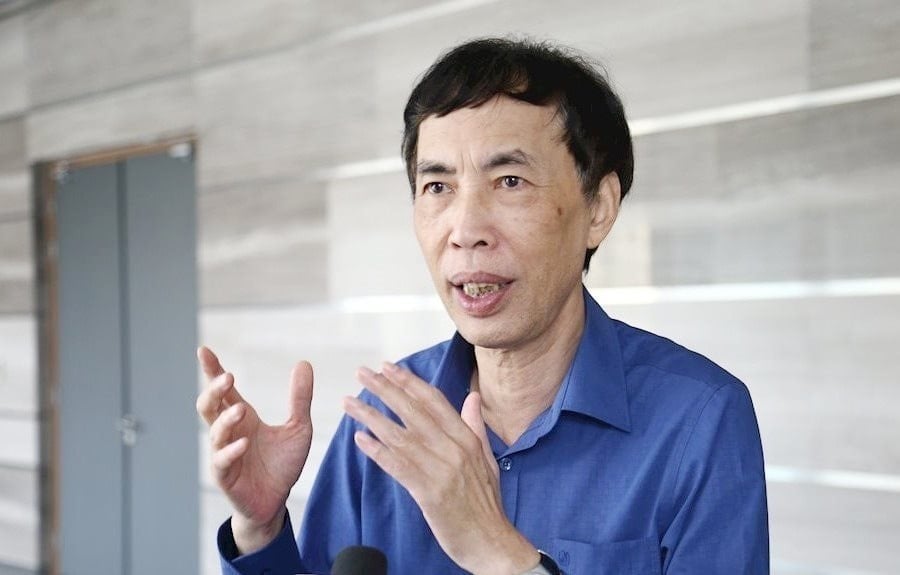 |
Although the imposition of tariffs is not too surprising, this is indeed a big shock to global trade and the Vietnamese economy .
This impact can be both indirect and direct. On the one hand, the tariff shock will reduce global trade, leading to a slowdown in growth. During this uncertain period, US policies and investment attraction in that country may affect investment flows into Vietnam. On the other hand, the US market is Vietnam's largest export partner. Therefore, fluctuations in this market will directly affect millions of jobs and incomes in Vietnam; pressure on the exchange rate will be great...
To cope with the impacts of tariff policies, Vietnam needs to prepare many scenarios to deal with possible situations.
It is important for Vietnam to maintain its credibility and negotiate skillfully in tariff negotiations. Currently, Vietnam’s tariffs are high compared to many other countries, so it is necessary to act on the basis of harmonious interests. The government also needs to provide practical support to reduce pressure on businesses, especially those directly affected by tariff policies.
Another important factor is to focus on market diversification, because the economy is still too dependent on a few key partners. Although trade agreements have been signed, providing market information and connecting businesses with other countries will give businesses time to change direction.
In the meeting on the morning of April 3, the Prime Minister requested ministries and sectors to have proactive and flexible responses to all developments. At the same time, Vietnam can also expand and diversify products, supply chains, and especially promote the exploitation of the domestic market. In the long term, we need to focus on strengthening internal strength and developing domestic production capacity. This is an important factor in protecting the economy from external shocks.
The issue of interest rates to support growth in this context is also very difficult. Exchange rate and inflation pressures are increasing, and loosening monetary policy will be risky. If we want to reduce interest rates to support businesses, we must carefully consider the impact of this on exchange rates and inflation. Because low interest rates can affect exchange rates and increase inflationary pressures. The current monetary policy space is very limited, so growth forecasts need to be realistic and not too optimistic.
Prime Minister Pham Minh Chinh has just established a Working Group on enhancing cooperation and proactively adapting to adjustments in US economic and trade policies (Working Group). Deputy Prime Minister Bui Thanh Son is the Head of the Working Group. The Deputy Head of the Working Group is the Minister of Industry and Trade. The members of the Working Group include: the Minister of Finance; the Governor of the State Bank of Vietnam and leaders of the following ministries and agencies: Foreign Affairs, National Defense, Public Security, Agriculture and Environment, Science and Technology, Construction, Health, Culture, Sports and Tourism, and the Government Office. In addition, the members of the Working Group include leaders of other relevant agencies as decided by the Head of the Working Group. Previously, Prime Minister Pham Minh Chinh chaired a meeting of the Government Standing Committee with ministries and branches to find response solutions. |
Source: https://thoibaonganhang.vn/viet-nam-can-chuan-bi-nhieu-kich-ban-de-ung-pho-voi-chinh-sach-thue-quan-162279.html


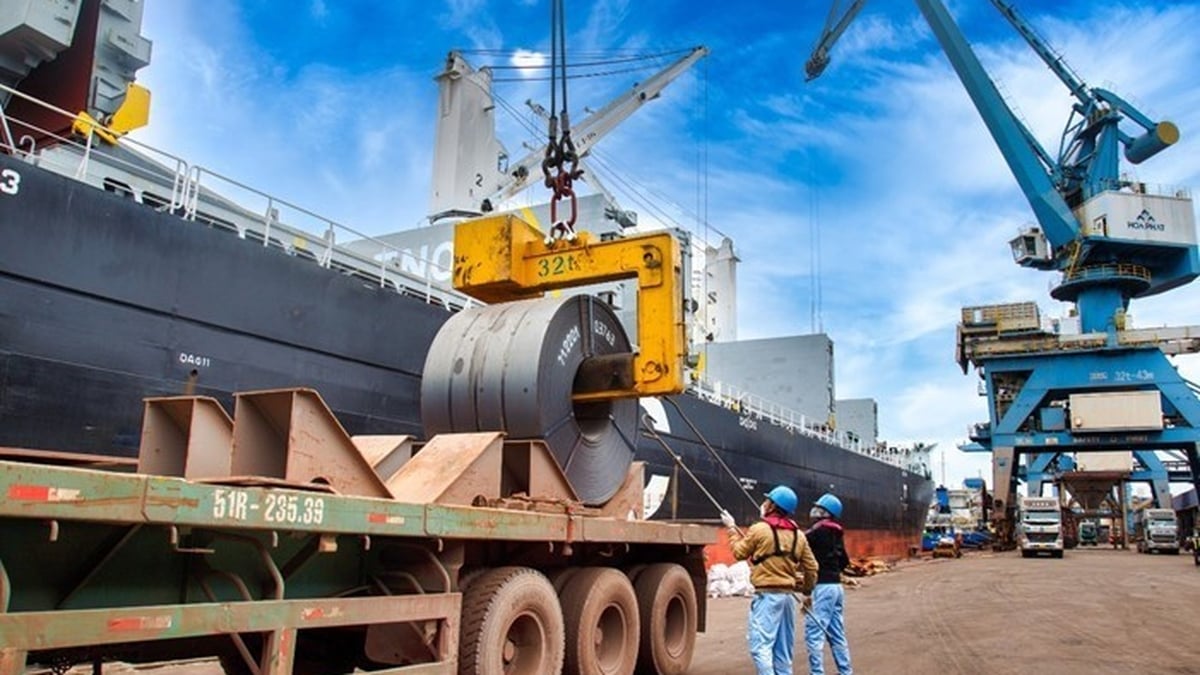



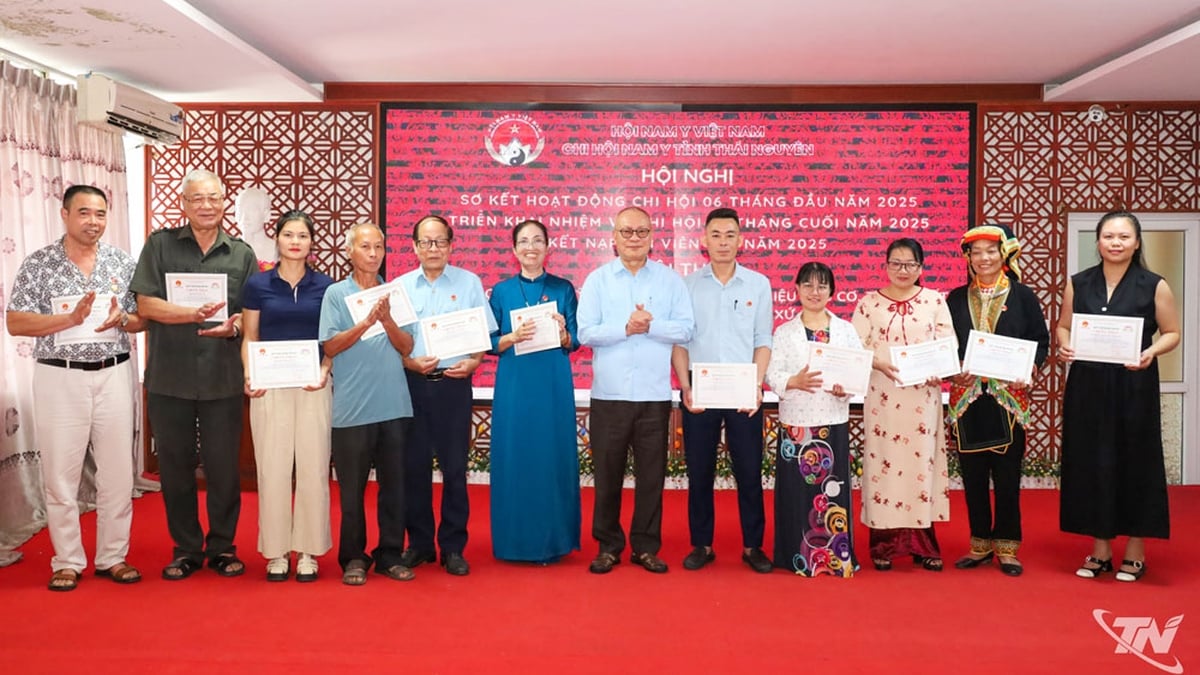



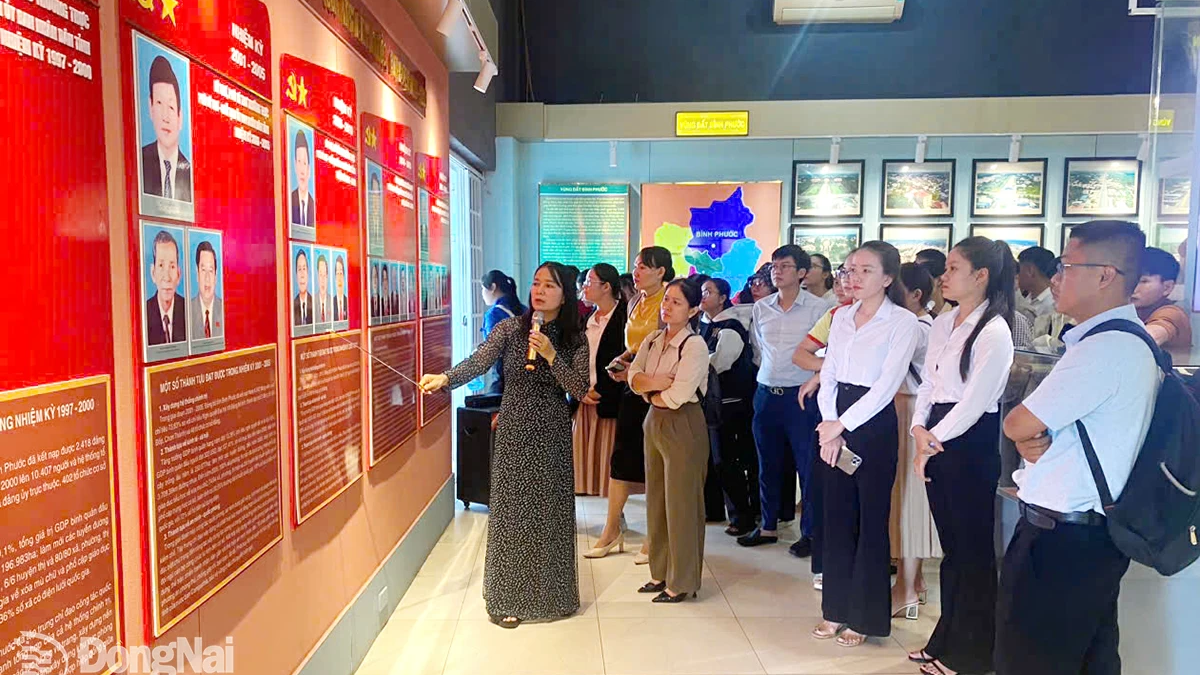
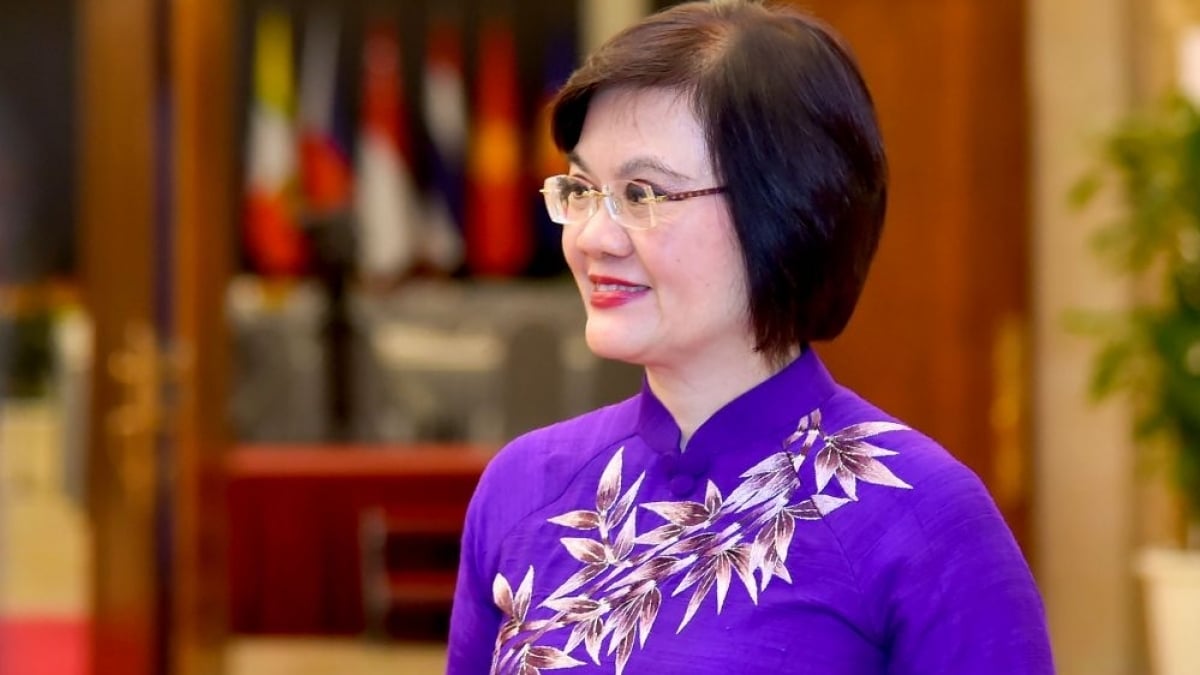


















































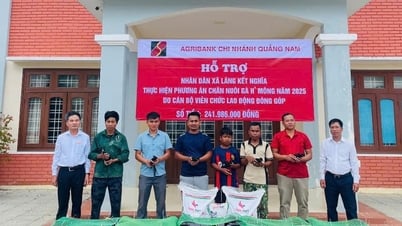






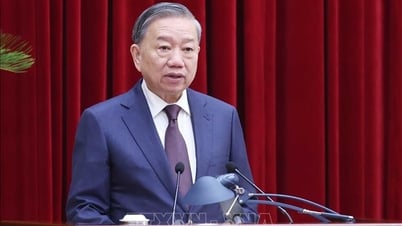

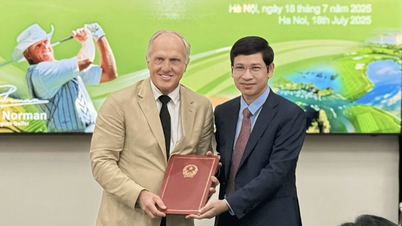

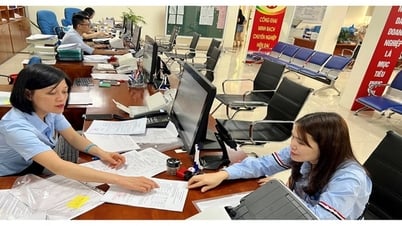




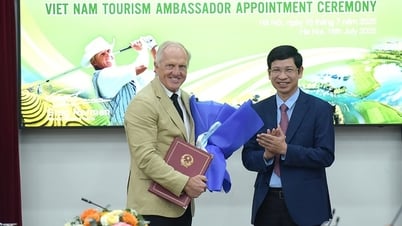



















![[Infographic] In 2025, 47 products will achieve national OCOP](https://vphoto.vietnam.vn/thumb/402x226/vietnam/resource/IMAGE/2025/7/16/5d672398b0744db3ab920e05db8e5b7d)





Comment (0)